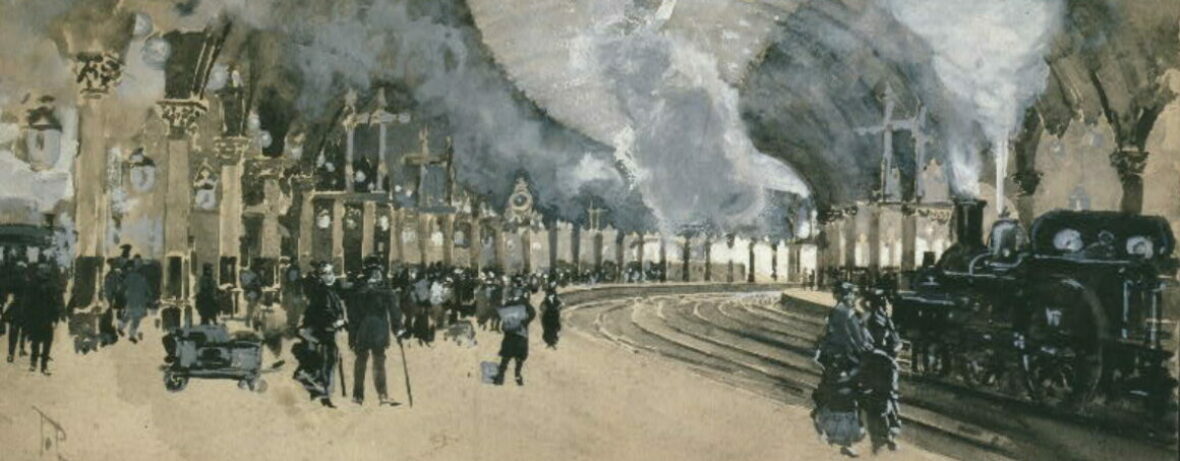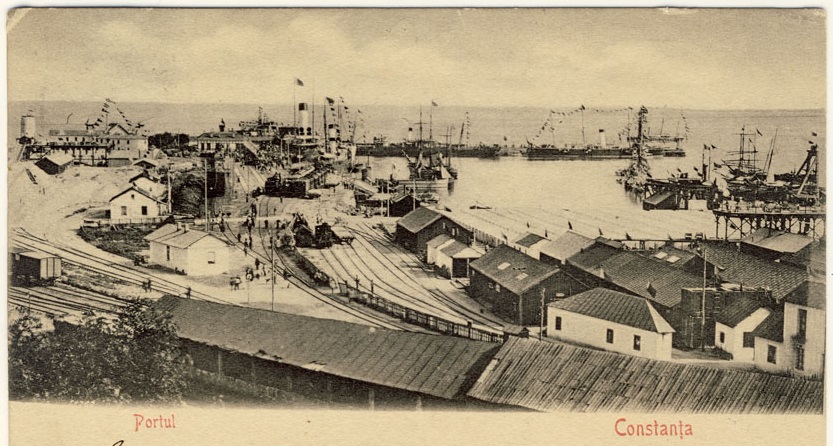Conferința de lansare a CanCor, 18 noiembrie 2022
„Infrastructură de transport și națiune. Discursuri și scandaluri ale modernizării în România (1840-1914)”
Cuvânt introductiv
Silvia Marton
Este primul eveniment din cadrul proiectului nostru finanțat de Uefiscdi, început în iunie în acest an și care va dura pînă la sfârșitul anului 2024. Toți patru, Constantin Ardeleanu, Raul Cârstocea, Andrei Sorescu și subsemnata le suntem recunoscători instituției gazdă, NEC-ului, care a avut încredere în noi și în acest proiect încă de la început și care ne sprijină în continuare cu mare pricepere. Totul pentru ca cercetarea să se poată derula în cele mai bune condiții.
Construcția marilor infrastructuri de transport – fluvial, maritim și căi ferate – a stârnit numeroase dezbateri și controverse aprinse, pe măsura dorinței de a dota Principatele și România cu mijloace de transport moderne. Nici nu trebuie să subliniez acest lucru când invitații noștri sunt specialiști în domeniu, ei au publicat deja pe această temă – Mihai Chiper, Toader Popescu, Adrian Deoancă, Andrei Emilciuc. Vă mulțumim mult că ați acceptat invitația de a fi azi aici.
Construirea căilor ferate, a porturilor sau a canalelor: procese/fenomene au fost politice, intim legate de felul în care era înțeleasă construcția statului și a națiunii. Prin această prismă a infrastructurii de transport, ne uităm din alt unghi la felul în care au fost gândite și construite statul și națiunea – nu a fost vorba doar despre tehnologie, resurse, bani, legislație – acestea sunt aspecte importante și ceva mai bine cunoscute; ci, mai ales, au fost controverse mai subtile și mai complicate cu privire la „colonialism” și „corupție” care au modelat procesul decizional. Adică cu privire la felul în care actorii istorici – parlamentari, ingineri, miniștri, primari sau alegători – puneau în cuvinte relațiile asimetrice și dependențele față de marile puteri vecine, dar și între diferitele regiuni ale țării; prioritățile și strategiile lor privind „modernizarea” și progresul unei țări tinere, percepută ca fiind „periferică”; sau riscurile sau chiar patologiile pe care ei le identificau în astfel de mari proiecte – de la cheltuirea neregulamentară a banilor și până la amestecul străinilor (guverne sau indivizi) în deciziile sau prioritățile ce erau considerate ca fiind exclusiv naționale.
Semnificațiile noțiunilor „colonialism” și „corupție” și controversele pe care le-au stârnit nu au fost, până în prezent, incluse în studii sistematice despre modul în care construcția infrastructurii de transport în secolul al XIX-lea a avut un impact asupra vocabularului politic al construirii statului națiune român. Vom examina polisemia acestor termeni, dar vom lua în considerare și aplicabilitatea lor empirică asupra unor surse/corpusuri istorice care sunt – știți mai bine decât noi – deosebit de vaste.
Este ceea ce dorim să vă arătăm pe scurt în prima parte a evenimentului de azi – pe scurt, întrucât suntem la început. În partea a doua, și mai pe îndelete, dorim să lărgim discuția și să examinăm împreună atât ceea ce s-a studiat deja – și avem aici principalii autori -, cât și ceea ce ar mai fi de aprofundat, alte întrebări de cercetare, alte priorități.

